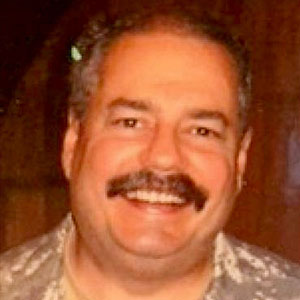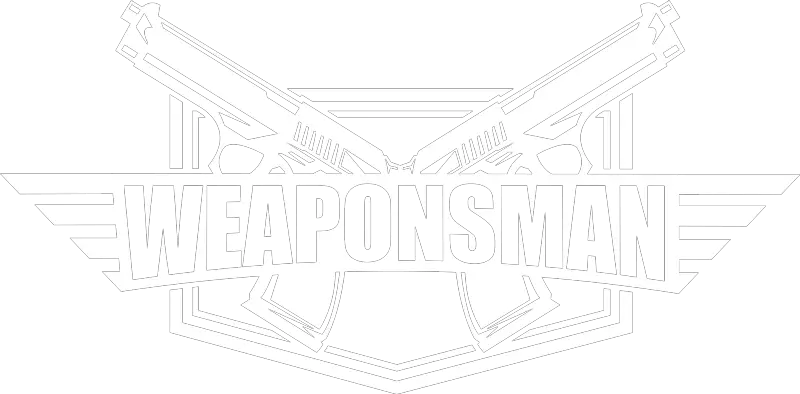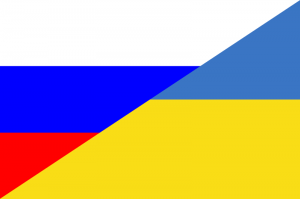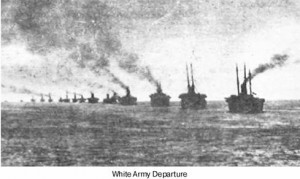Some interesting facts alleged in this New York Times story.
- Yanukovych has fled to Moscow, and called on Russia to restore him to power. (Which seems to be almost a confession that he was a marionette for Putin all along).
- In the Crimea, ethnic Russians clash with the returned survivors of the Crimean Tatars, a Turkic-speaking group ethnically cleansed and nearly exterminated by Stalin. The ethnic Russians are waving the Russian flag and basically running the 1938 Sudeten German playbook. But there are many more of them in the area than Tatars and ethnic Ukrainians put together; and, like the Sudetendeutsche, or the Texans of 1836, they are long-term, multigenerational settlers in the region, whose ties of ethnicity and loyalty don’t happen to be to the polity in which they find themselves.
- The Tatars are alleging that Russian armed forces are preparing to invade. Note that Russia does have military bases on the Crimean peninsula, especially in Sebastopol, the home for centuries of the Russian Black Sea fleet.
- The Russian military is staging exercises all along the Ukrainian border — another echo of the Sudetenland. This could be saber-rattling, or it could be preparation for an attack. This very ambiguity could be part of the reason the Russian leaders are doing it.
- And then there’s this:
Masked men with guns seized government buildings in the capital of Ukraine’s Crimea region on Thursday, barricading themselves inside and raising the Russian flag after mysterious overnight raids that appeared to be the work of militant Russian nationalists who want this volatile Black Sea region ruled from Moscow.
Police officers sealed off access to the buildings but said that they had no idea who was behind the assault, which sharply escalated tensions in a region that serves as home to Russia’s Black Sea Fleet and also to a number of radical pro-Russia groups that have appealed to Moscow to protect them from the new interim government in Kiev, the Ukrainian capital.
Nobody credibly claims to know who these Russian-flagged armed men are.
From the Russian point of view, the Ukrainians have no claim whatsoever to the Crimea, and their point of view has strong historical legitimacy. The Crimea was part of the crumbling Ottoman Empire that crumbled off as an independent khanate; at the time of the American Revolution, the khans fell into the Russian orbit and the peninsula was annexed. It is one of those places that “produces more history than the locals can consume.”
In the West, the Crimea is famous as the location of a nasty European war in the 1850s, with a French-English alliance fighting the Russians and the peninsula as battlefield (this is the war that produced the Charge of the Light Brigade at Balaklava, which has gone down in history as a much better poem than it was a military operation). In the Russian Civil War, the Crimea was a White Russian stronghold until 1920, when White general Peter Wrangel and many of his men fled into exile (those that stayed to surrender were, in a sign of things to come in the Red regime, murdered). The same Red Army buried a nascent Ukrainian Republic at the same time.
The captured Crimea was part of the Russian Soviet Federated Socialist Republic and remained so. In World War II, the Germans and Soviets fought for the peninsula. When the Soviets retook it in 1944, Stalin declared the Tatars and other non-Russian minorities on the peninsula to be collaborators. (The Nazis did raise 9 battalions of Tatar troops, who were presumably not among the ones waiting for Stalin’s mercy in 1944). Those that were not killed outright were exiled to Siberia, and for most of them, doom; their property given to ethnic Russians or seized by the State. By 1945 the population of the Crimea was 100% ethnic Russian or Ukrainian. The survivors of the Tatars remained exiled until the fall of the USSR; all Tatars on the peninsula, some 16% of the population now, are returned survivors of expropriated exiles.
That Crimea, which was always Russian, is part of Ukraine is the result of a 1954 decison by the Supreme Soviet, when the borders of Soviet republics represented little more than lines on a map, and it seemed to tidy the map to move a nominally autonomous zone from one republic to another (in the Soviet context. “autonomous” means it had the trappings of local government). The peninsula is today a nominally autonomous republic within Ukraine, with its own unicameral legislature, in which Yanukovych’s ethnic-Russian Party of Regions holds almost 90 of the 100 seats.
Lawyers are known to say, “hard cases make bad law.” This is truly a hard case. Both sides have what lawyers (them, again!) would call a “colorable argument.” And both sides have reasons, both historical and present-day, to mistrust the other.
If Russia is going to move
Watch for the appearance of of a weaselly character named Viktor Volodymyrovich Medvedchuk as a “compromise”. Medvedchuk is the son of a Nazi collaborator, and he himself is a former small-time criminal and secret police snitch, who became a lawyer. As a lawyer, he’s one of that 98% minority that gives the honest ones a bad name.
He was a defense attorney in Soviet-era show trials, where his function was to join the prosecution in denouncing his own client. He claims to be personally close to Putin, and while involved in Ukrainian post-independence politics both managed to enrich himself and ingratiate himself with the Russian security services.

Kevin was a former Special Forces weapons man (MOS 18B, before the 18 series, 11B with Skill Qualification Indicator of S). His focus was on weapons: their history, effects and employment. He started WeaponsMan.com in 2011 and operated it until he passed away in 2017. His work is being preserved here at the request of his family.



3 thoughts on “Ukraine: the Empire Strikes Back”
And he even looks a bit like Peter Lorre, the weasel!
As for Crimea, Khrushchev gave it to Ukraine as a gift, a commemoration of solidarity, and not the least because Khrushchev had grown up in Ukraine. Despite its location, Crimea had always been Russian, but in 1954 it didn’t really seem to matter. After all, the Soviet Empire was going to last for a thousand years.
Yeah. Shelley was ahead of the wave with “Ozymandias.”